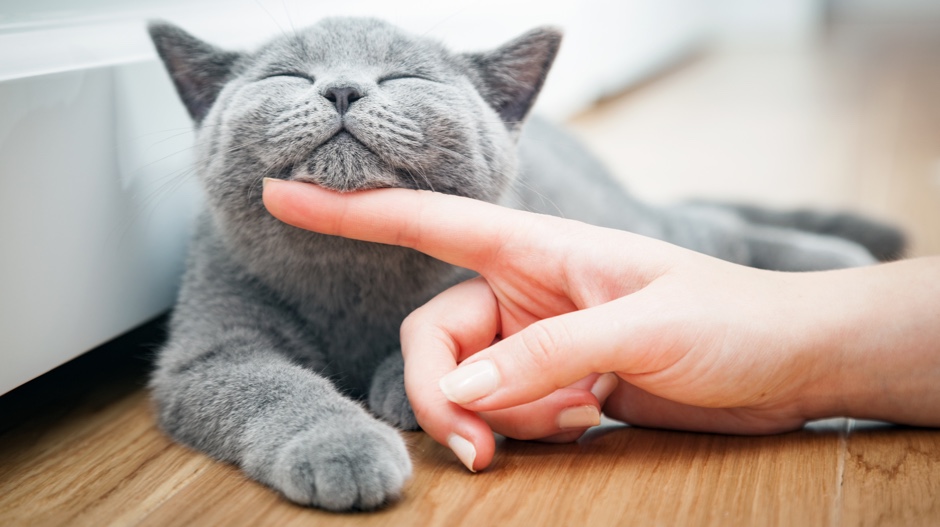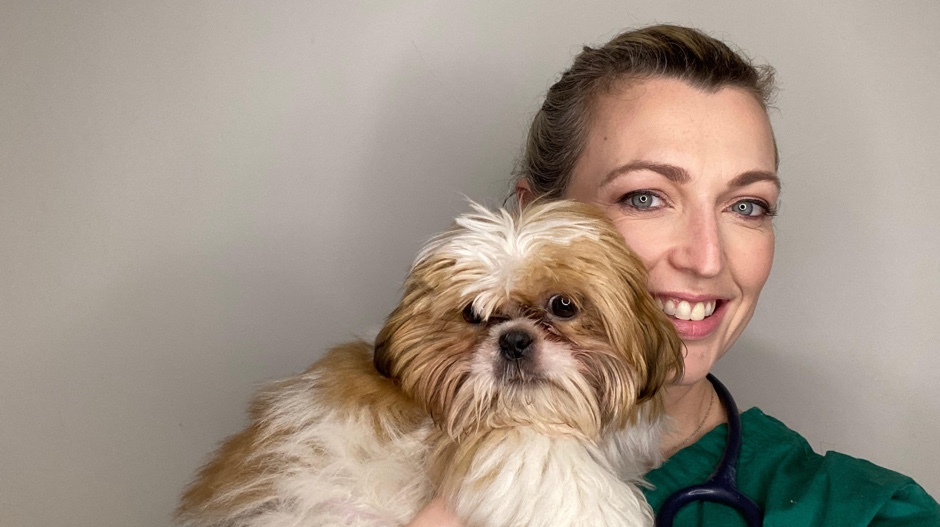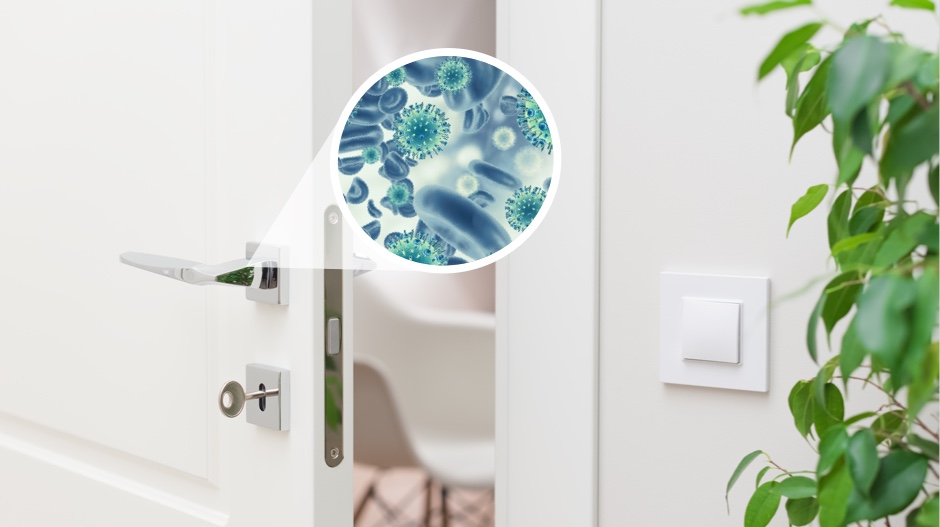Coronavirus and Your Pets, Advice from Cat the Zoflora Vet
Many of us have questions and concerns regarding Covid-19, and for pet owners, many of those will be about their animals. This article will hopefully put your mind at rest and is correct at the time of publication.
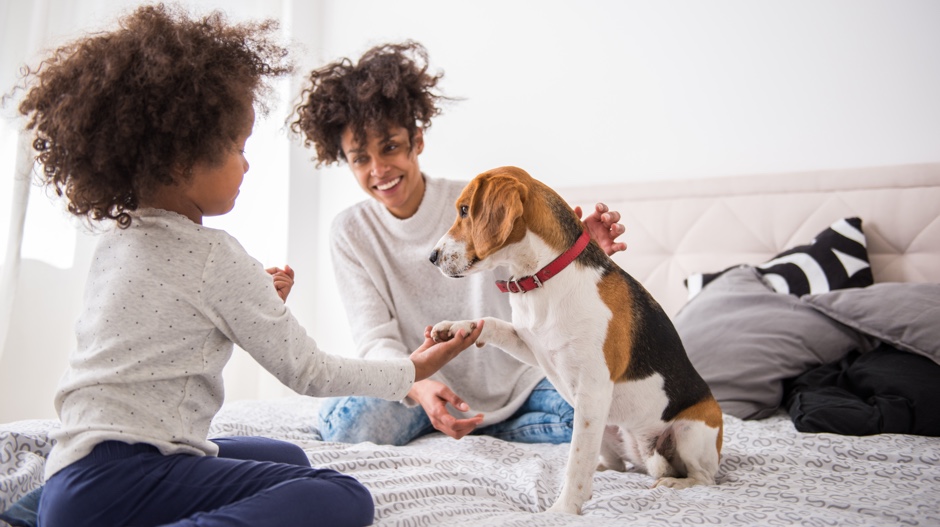
The first thing to state is that currently there is no evidence at all that our pets can be infected by Covid-19. Every leading veterinary body in the world is in agreement with this. In addition, one of the largest veterinary testing laboratories, Idexx, in the world has analysed thousands of tests on pets looking for Covid-19 and all came back negative.
Remember that in some of the most affected countries, like China and Hong Kong, it is common for people to live in small flats with their pets. This means if an owner was infected, their pets would have been exposed to huge numbers of viral particles, yet so far not a single animal has developed any sort of symptoms.
However, there have been reports of two dogs in separate locations in Hong Kong testing positive for the Coronavirus, which you may have heard about and might be worrying you.
One was an elderly Pomeranian and the other a German Shepherd. Both lived with other dogs who had negative tests. Both were placed in quarantine and monitored closely but neither developed any signs of illness.
The Pomeranian, unfortunately, did pass away after being released from isolation but he was already poorly with other conditions and, as far as we know, died from these. There is certainly no indication it had anything to do with Coronavirus. The German Shepherd dog is, at the time of writing, still under surveillance but again, appears to be completely healthy.
Both dogs did have repeated positive tests but no evidence of disease or that the virus is replicating in their system. This means it might be in there but it doesn’t seem to be able to spread. We should also bear in mind the thousands of negative tests from Idexx, in comparison to just these two positive results in otherwise well animals.
There is a concern that the virus might be able to survive on pets and therefore transfer between people. The advice regarding this from world-leading vets is that, at the current time, there is no evidence that this is the case, or that it has happened.
(I know that it is frustrating that we have to keep saying ‘at the current time’ but this is a rapidly evolving situation and we are constantly learning new things about this virus. It is still extremely unlikely our pets are involved in its spread and even less likely that they can be infected but at the moment there are no cast-iron guarantees but the experts are united in their views right now!)
This strain of the coronavirus can survive in the environment and lasts the longest on smooth, hard surfaces. The kind of surface it is least able to survive on is a fibrous and porous one, which is exactly what pet hair is. That is not to say that it can’t survive on pet hair, but it is likely to hang around much less than on other, firmer, surfaces. Current estimates are a few hours but at the moment no-one knows for certain.
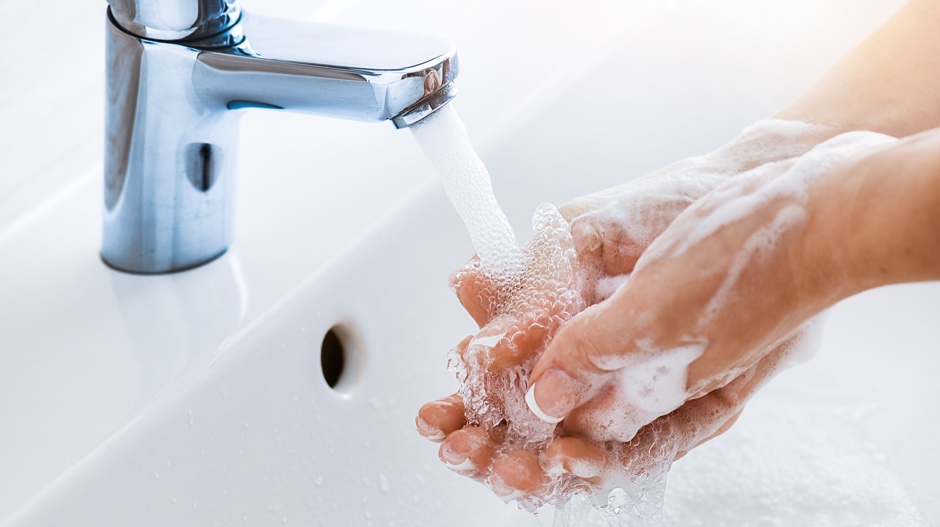
At the moment there is no evidence that our pets can be infected with Covid-19 and although we are still learning about this virus, it remains extremely unlikely that they can get it. There is less certainty around whether it can survive on them and their fur and over time we should have more information about this. However, for now, there is a clear message from leading veterinary authorities that pets can neither be infected by nor spread, this virus.
The best advice I can give you is to continue to be with and handle your pets as normal but make sure you practice really great hygiene and always wash your hands after you touch them, particularly before you touch your face or eat. Even if they can’t spread coronavirus, you can catch other infections from pets, so we must always be careful.
If you are infected with the Coronavirus or have symptoms consistent with it, it is probably wise to keep your pets in self-isolation with you if at all possible and limit your contact with them.

